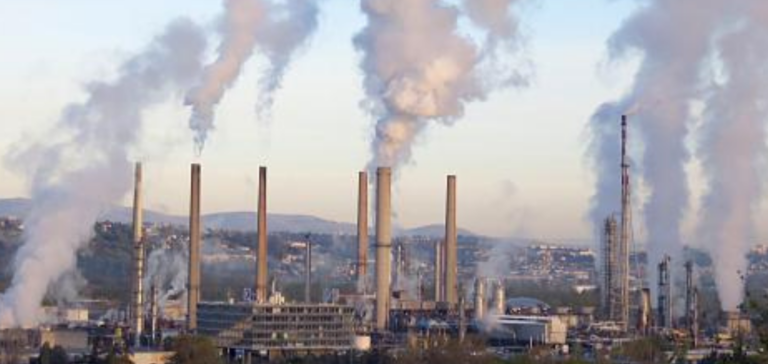The world of natural gas, often presented as a less polluting alternative to coal, now finds itself at the heart of a major controversy. According to a recent Greenpeace report, major oil and gas companies, particularly in China, are using carbon offsets of dubious quality to present their liquefied natural gas (LNG) imports as “carbon neutral”. This phenomenon, dubbed “greenwashing”, raises significant ethical and environmental issues.
Carbon Offsets: A Solution or a Smokescreen?
Among the companies involved, PetroChina and CNOOC Gas and Power stand out for their long-term contracts with Shell for the purchase of allegedly carbon-offset LNG. These offsets take the form of “forestry credits”, intended to offset carbon emissions. However, Greenpeace, which has long opposed the practice of fossil fuel companies of counting these offsets towards their emissions reduction targets, denounces the misleading labelling of the public.
Environmental and ethical implications of carbon offsets
Li Jiatong, project manager at Greenpeace in Beijing, strongly criticizes this approach:
“For oil and gas companies in particular, carbon offsets are just a smokescreen to mask their ever-increasing carbon emissions”.
Despite requests for comment, PetroChina has remained silent, while the parent company of CNOOC Oil and Gas has stated that it is not involved in the LNG purchases. Shell declined to comment on the Greenpeace report.
The Future of Natural Gas in the Energy Transition
The report also highlights the inconsistency and frequent double-counting of these compensations. What’s more, some of the forests linked to these offset schemes are vulnerable to fire, risking becoming carbon sources rather than carbon sinks. In China, 80% of forest carbon sink projects involving Shell, PetroChina, CNOOC and other companies present a medium to high risk of fire.
COP28 and the Carbon Offset Debate
This situation arises against a backdrop of strong demand for gas, particularly in Asia. Around 85% of “carbon-neutral” LNG cargoes were sold to Asian buyers. According to the International Energy Agency, gas consumption in China is expected to reach 250 billion cubic meters by 2026, up from 216 billion cubic meters last year, accounting for almost half of new global demand over the period.
The concept of “carbon-neutral” gas is likely to be a key topic of discussion at COP28. According to Polly Hemming, Director of the Australian Institute’s Climate and Energy Program, although gas emits less than coal and is considered a “transition fuel”, the idea of offsetting its emissions through forestry projects is controversial. Anti-fossil fuel groups oppose any new gas project.
The carbon offset affair in the natural gas industry raises important questions about the authenticity of the environmental commitments made by the energy giants. Although officially intended to reduce carbon footprints, this practice may in fact mask a less glamorous reality.






















